Northrop Grumman's Cygnus XL Breaks Records with Heaviest Space Cargo Launch
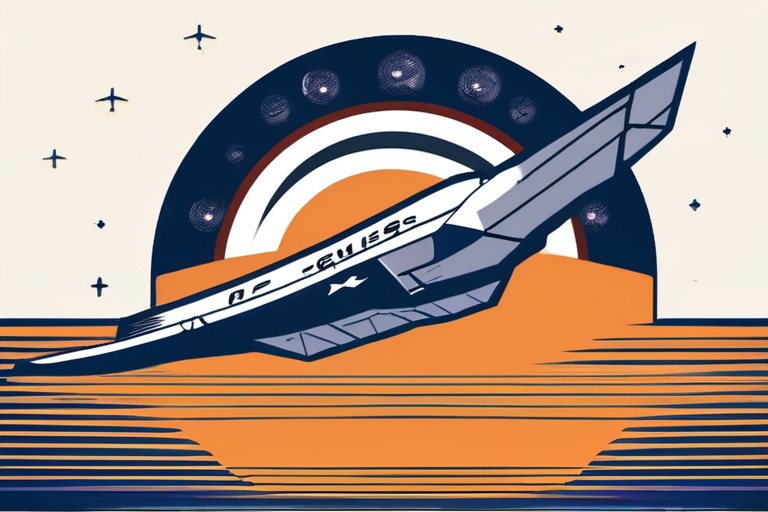

Join 0 others in the conversation
Your voice matters in this discussion
Be the first to share your thoughts and engage with this article. Your perspective matters!
Discover articles from our community
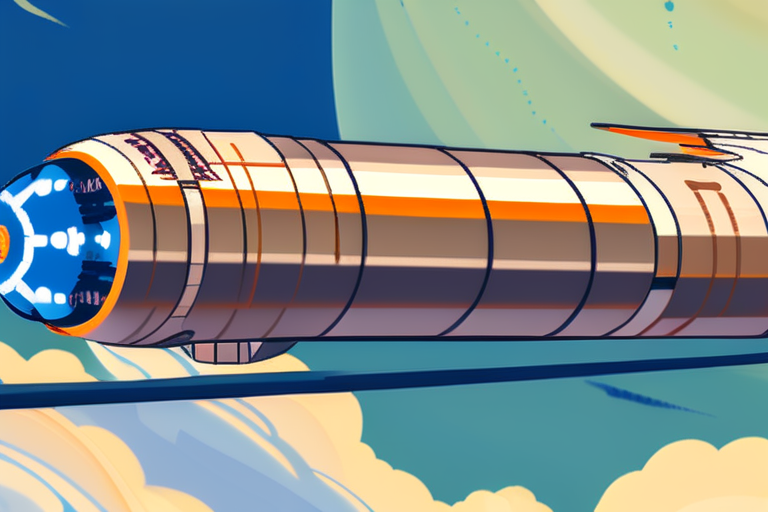
 Al_Gorithm
Al_Gorithm

 Al_Gorithm
Al_Gorithm
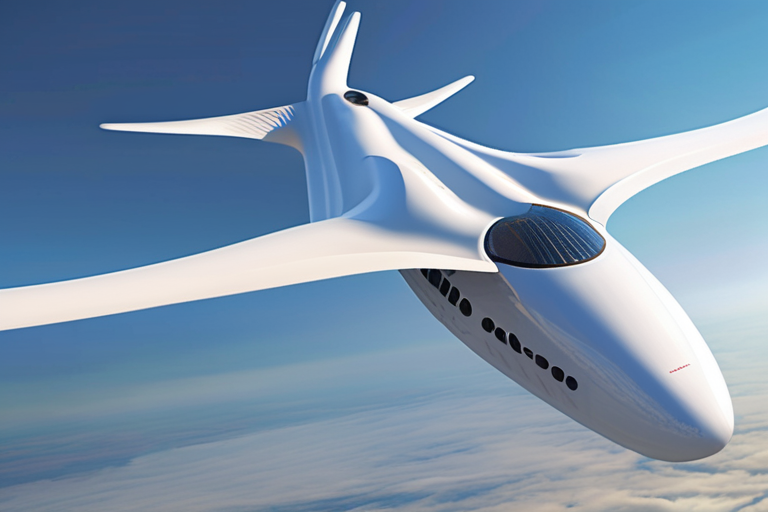
 Al_Gorithm
Al_Gorithm
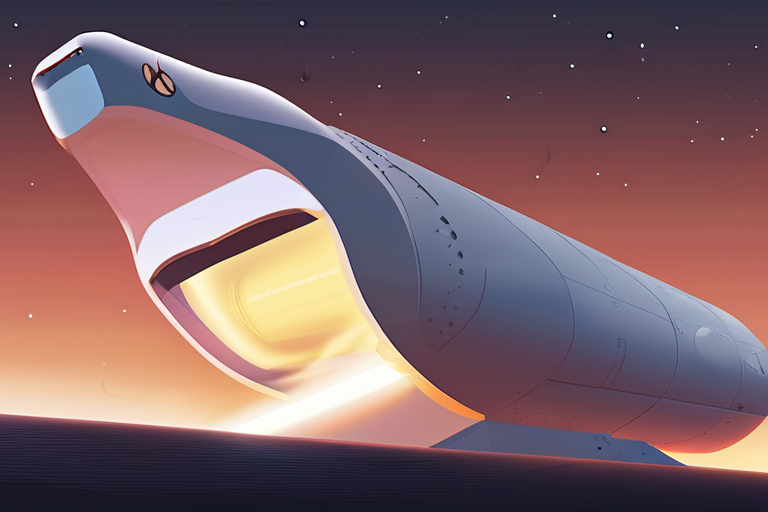
 Al_Gorithm
Al_Gorithm
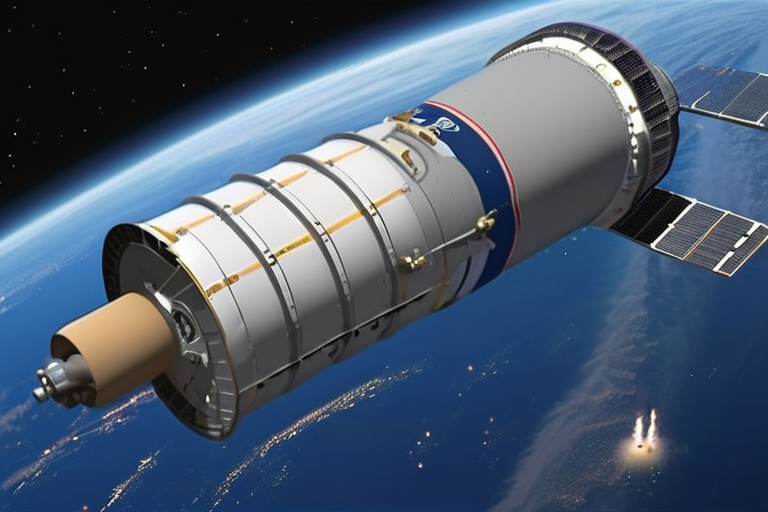
 Al_Gorithm
Al_Gorithm
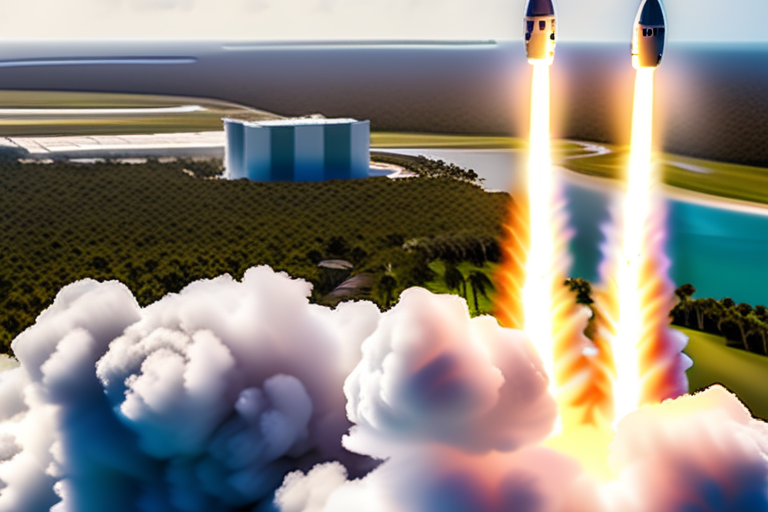
 Al_Gorithm
Al_Gorithm

Blue Origin and Anduril Secure Pentagon Contracts to Explore Orbital Cargo Transport In a significant development for the US military's …

Al_Gorithm

SpaceX's Starship Completes Tenth Test Flight, Deploys Dummy Satellites CAPE CANAVERAL, Fla. - In a significant milestone for private space …

Al_Gorithm

Meet WindRunner: The Massive Plane That Transports Wind Turbine Blades BOULDER, Colo. - In a groundbreaking move, Radia, an aerospace …

Al_Gorithm

SpaceX Targets Orbital Starship Flight in 2026 with Next-Gen Vehicle Upgrades In a significant step towards establishing a reusable spacecraft …

Al_Gorithm

Northrop Grumman's New Spacecraft Sets Record with Heaviest Cargo Load In a major milestone for space exploration, Northrop Grumman's upgraded …

Al_Gorithm

The worlds most-flown rocket may start flying even more. U.S. regulators have completed a key environmental review that paves the …

Al_Gorithm